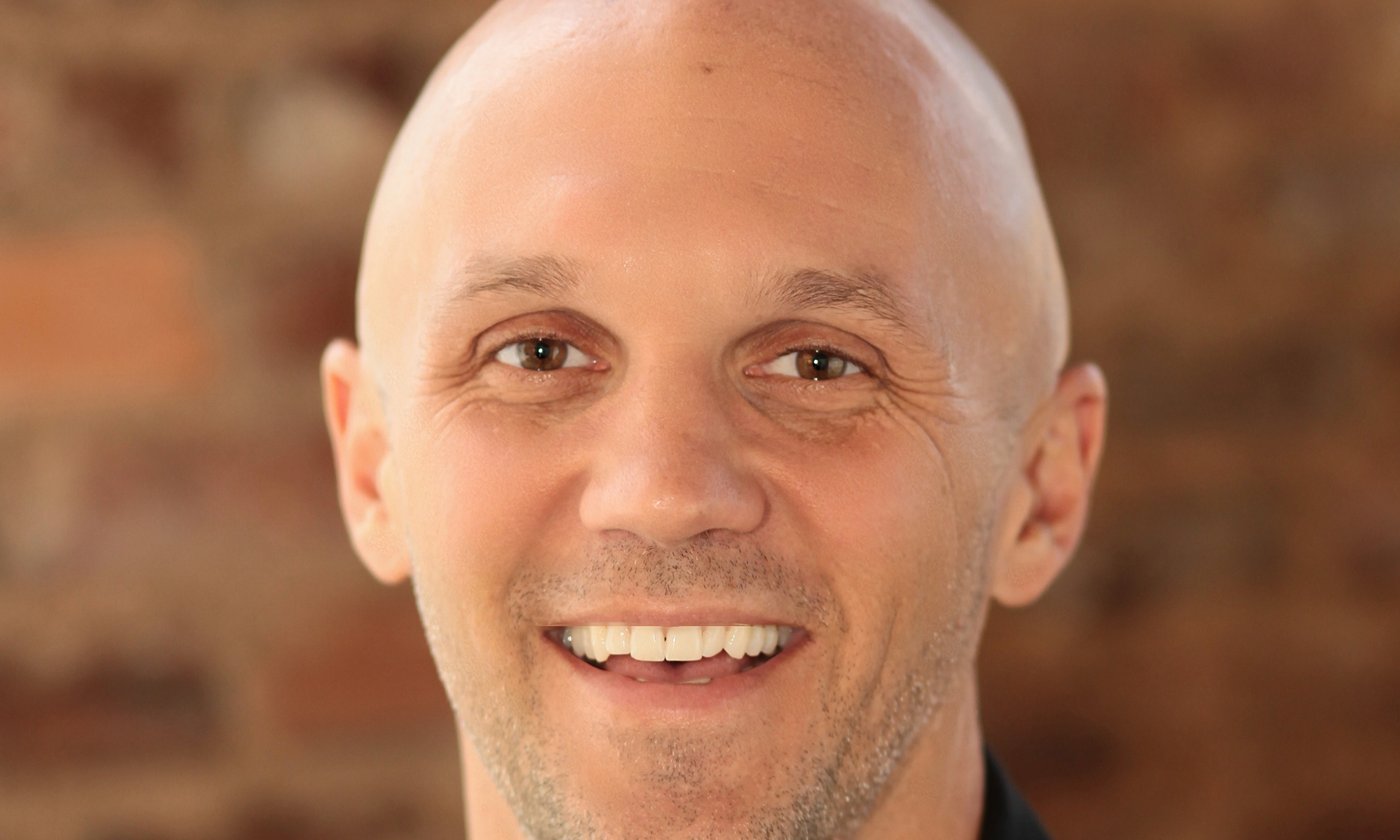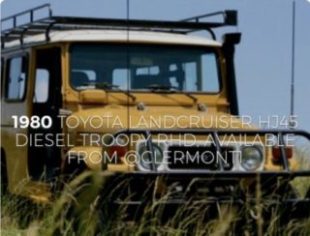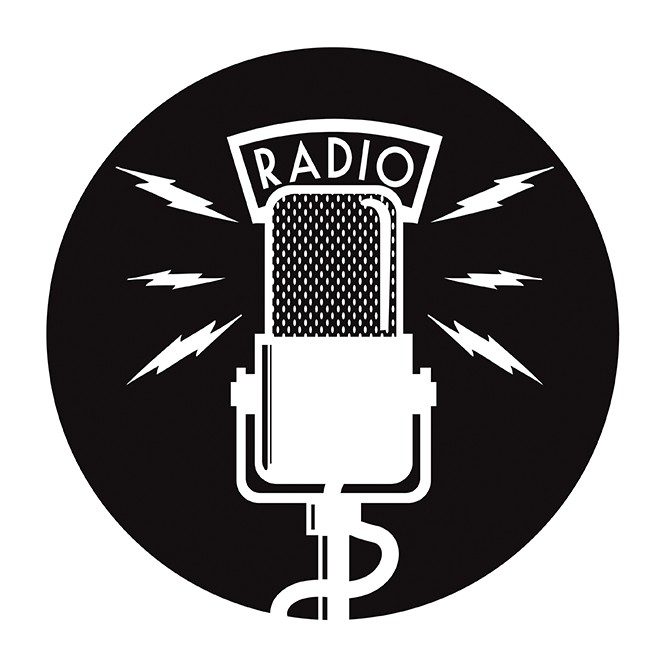The Best Unsigned Artist Playlist You Haven’t Heard
At Team Clermont we host a ton of playlists. We do that because we work with dozens of artists; unsigned bands, signed groups, indie-rockers, singer-songwriters – you name it, we have it on our roster.
So it’s so refreshing when we take a step back at times like this, right now, in this moment, and listen to our entire “#unsigned” artist roster. I could go on and on about each of these amazingly talented artists (and maybe I will below), but right now I just have to share with you -and anyone you think SHOULD be listening- the most amazing Team Clermont playlist. It’s just called our 2018 Press Playlist, but for your info, these are ALL unsigned bands & singers.
So, here you go; your workday playlist to keep your toes tapping. -Please support indie music – Nelson Wells
Artist spotlights to follow.
Did you enjoy this playlist? Please let us know a favorite track or artist!
Interview: Nelson Wells Talks Indie & College Radio Promotions
One thing we’ve tried to *gently* hit our TuneCore Artists over the heads with is the importance of marketing their music before and after they release it. It starts with telling your friends and family, continues with staying on top of your social media channels, and after you begin playing shows and building a network in your local scene, you can start focusing on getting your music into the hands of radio music directors and media professionals. It requires a lot of work, but hard work can pay off!
At this point you’ve likely learned that getting your music heard on commercial radio stations isn’t an easy process. Why not change your route a bit and zero in on the often undervalued college and independent radio stations?! Here to explain the values of these types of stations and other ways DIY promotion can pay off is Nelson Wells – founder and CEO of indie PR and radio promotion powerhouse Team Clermont!
When an independent artist is releasing their first album or single, what do you consider to be some of the first and foremost basic avenues of self-promotion?
Nelson Wells: Number one, get your list of contacts together, both industry and fan and begin to reach out to see who else they could add to the inner circle. Number two, use the age old industry formula that says for every dollar you spend recording and pressing an album, be prepared to spend $4 to promote it. Many a great album have been written, recorded and produced only to sit and fill a warehouse or someone’s closet simply because no one explained the need (and cost) of getting it out. Even with personal social media and digital file sharing there is so much more that can be done on a much larger and broader scale.
Number three, get your social media (and file sharing) in line and begin the build up and smart tactful accumulation of fans and industry types. Number four, prepare and launch a well thought out funding campaign, whether it’s having family and friends fund your release, attracting a label, or executing a crowd funding campaign with any of the well known funding sites or the newer more hands-on type sites like MusicRaiser that focus just on musicians. Number five, research publicists and national radio promoters to partner with you on your release months before you actually release it. You can walk a copy down to your local college radio station or the weekly zine yourself, but it’s a really good idea to have a short list of 2-3 professionals who have reviewed your material and are ready to schedule you in their release calendar if you’ve raised your funds and can afford them.
What do you feel are few of the most common misconceptions from artists when it comes to getting heard on the radio?
“If we send it out they’ll play it.” The truth is radio stations still get so many releases that this myth just isn’t true; it’s physically impossible. Also, if you haven’t done your homework as to whether your style music fits the genre of each station you are sending to then you further decrease your chances of being heard and reviewed at those stations because your style simply doesn’t fit. Do your homework or hire people who do it for a living and who have relationships with the music director at each station whether that’s college MD’s or programmers from A3, or Americana, or modern rock radio.
What do you consider to be some wise DIY tactics for brand new indie artists pushing their first releases to different radio formats?
Other than what I stated above, if an indie artist does not raise funding or cannot afford an indie radio promoter then a handful of the indie promoters actually sell DIY packets that allow you to set up and manage a radio campaign on your own for a fraction of the cost of hiring the firm. You just have to remember that while you may have all the correct addresses and contacts and some solid pointers for doing your own radio promotion, the real value to a radio promotion company is their relationships. They can utilize these relationships weekly, yet you’re just getting started building these relationships most likely just by sending out your first release.
How important is college radio when it comes to influence and trendsetting?
There is a key element to this question as well as to the value of college radio in general, and that is the value of tastemakers. College radio stations are made up almost exclusively of tastemakers, or people who influence and set trends. In other words those music directors, program directors and DJ’s are the first ones whose friends listen to them when it comes to what the newest releases are that are landing a radio stations. These radio people leave campus after class and their DJ hours and go work in the local venues, the local music magazine or the record store on the corner.
So in the big picture even if your record is getting a few spins on the local college station that may or may not mean that potential fans are hearing it, but if the workers surrounding the station like it, you can be sure that others are hearing it.
Given that college stations are typically staffed with students/directors used to dealing with labels, firms & DIY pitches alike, do you have any advice for follow-up?
Some of the best follow up is simply researching email addresses of the music directors at each station ahead of time. Many are posted publicly online or on the station’s own website. Of course you may include your email, facebook and twitter accounts, but don’t assume that radio station people have the time to reach out and contact you; that’s your job. Another old school form of getting stations to contact you with information about your record at their station is by sending a self-addressed stamped envelope that is easy for them to send back after they check off √yes, we are spinning your record, or Sorry, we passed on your release…
Other ideas for that card: “Is there a venue you think we should play?___” “Would you like extra CD’s for your DJ’s or to give away on air?”
As the radio industry has gone through conglomeration over the past couple of decades, how has the way independent firms pitch to commercial stations?
I don’t know. We mostly service non-commercial radio, but I’d guess it involves a LOT more money, and more “consultants.”
What roles do public and community radio play when it comes to promoting independent music?
To me these play the largest role for up and coming artists, new artists, and those without a mainstream sound or a major label deal. Public, community (and college) stations are Team Clermont’s bread and butter. These are the stations and the people who “get” the indie artist and the Team Clermont client.
How can indie artists be better utilizing radio promotion when it comes to embarking on their initial regional and national tours?
The most important thing in music PR is simply getting word out and making it a continual practice each day of your career, and yes, you can make a career out of your music. This means doing it yourself whether you are hiring an indie radio promotion company like ours or not. In fact I’ll tell most touring artists to save their money by not hiring us for a tour but to rather wait until a full length release is a few months away. Then use that money to just survive on the road. It’s tough out there,
And you’ll be glad you have enough money for PB&J’s and for buying fans some beers for allowing you to crash on their couches.
Learn more about Team Clermont and their services for indie artists here!



